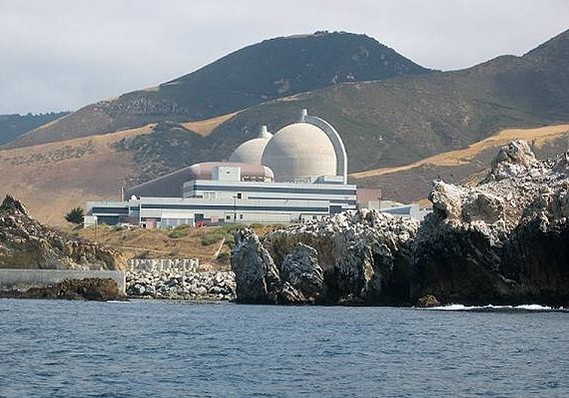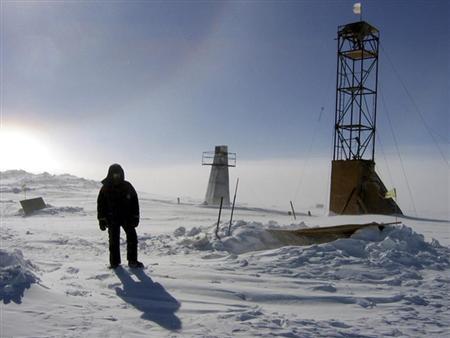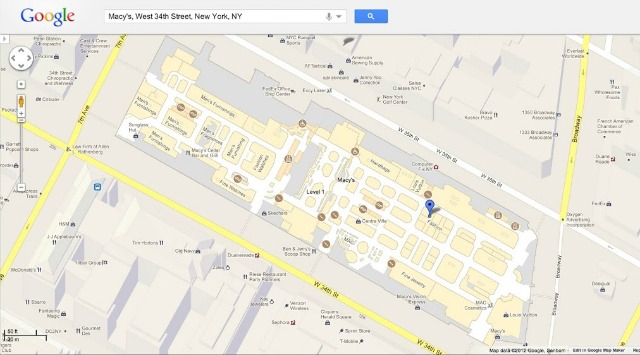 More than one-third of U.S. nuclear power plants suffered safety-related incidents over the past three years, and nuclear regulators and plant operators need to improve inspections to prevent such events, the Union of Concerned Scientists (UCS) said in a report on Thursday.
More than one-third of U.S. nuclear power plants suffered safety-related incidents over the past three years, and nuclear regulators and plant operators need to improve inspections to prevent such events, the Union of Concerned Scientists (UCS) said in a report on Thursday.
The UCS, which has long been critical of the nuclear industry and the U.S. Nuclear Regulatory Commission (NRC), said 40 of the 104 U.S. reactors had experienced one or more safety-related incidents over the past three years.
None of the incidents harmed workers or the public, the UCS said.
The nuclear industry, however, disputed the UCS findings.
“Our facilities are operating safely. We continue to aggressively implement additional safety enhancements based on learning from the Fukushima accident to ensure that our plants will operate safely and reliably,” Steven Kerekes, a spokesman for industry trade group Nuclear Energy Institute told Reuters.
The UCS recommended that the NRC determine whether the agency’s baseline inspections could have found the safety problems sooner. It also urged the NRC to require plant owners to find and fix problems in their testing and inspection procedures.
“The NRC has continued to successfully carry out its mission of protecting the public’s health and the environment. We have started inspections of various kinds whenever necessary,” NRC spokesman Scott Burnell told Reuters.
UCS said the NRC conducted some level of special inspection at 14 plants in 2012 to investigate safety-related events.
Over the past three years, UCS said, there were 18 incidents in 2010, 17 in 2011 and 16 in 2012, with several reactors having more than one incident, including Wolf Creek in Kansas, Palisades in Michigan and Fort Calhoun in Nebraska.
The Nuclear Energy Institute, however, noted there were only two incidents over the past decade that the NRC determined were significant from the standpoint of public health or safety – at FirstEnergy Corp’s Davis Bessie in Ohio in 2002 and the Tennessee Valley Authority’s Browns Ferry in Alabama in 2011.
“The number of inspections that the NRC carries out varies from year to year and depends on a number of factors, including external events such as Superstorm Sandy,” the NRC’s Burnell said, noting the agency does not see anything unusual in the number of inspections carried out in 2012.
Wolf Creek is majority owned by units of Great Plains Energy Inc and Westar Inc; Entergy Corp owns Palisades; and the Omaha Public Power District owns Fort Calhoun.
Over the past couple of years, the NRC has required several reactors to remain shut until the plant owners could show they were meeting NRC requirements.
Three reactors are currently shut pending NRC approval: Southern California Edison’s San Onofre 2 and 3 in California, and Fort Calhoun.
Southern California Edison (SCE), a unit of Edison International, operates the station for its owners, including SCE and a unit of Sempra Energy.
Source : Reuters





































